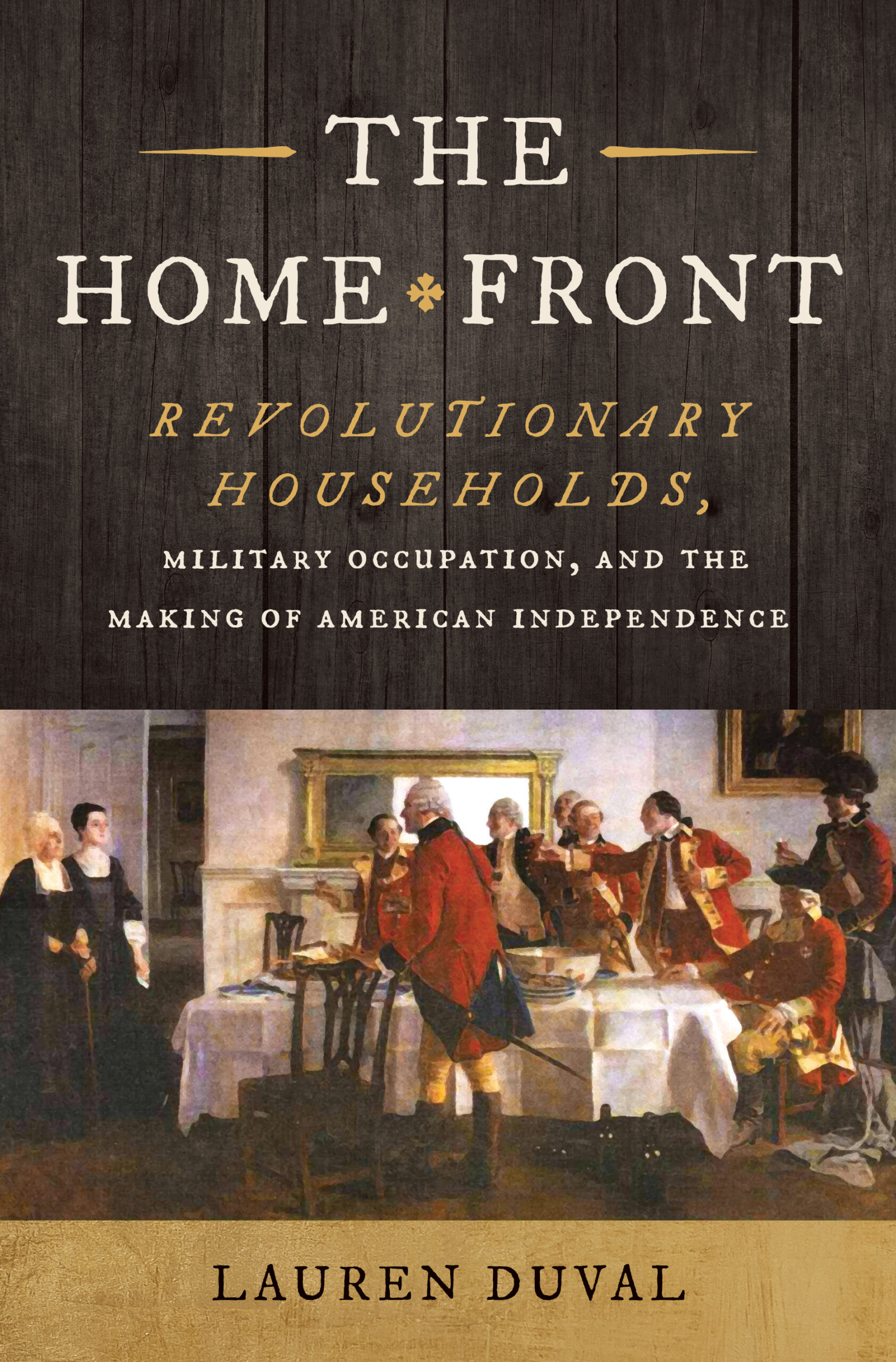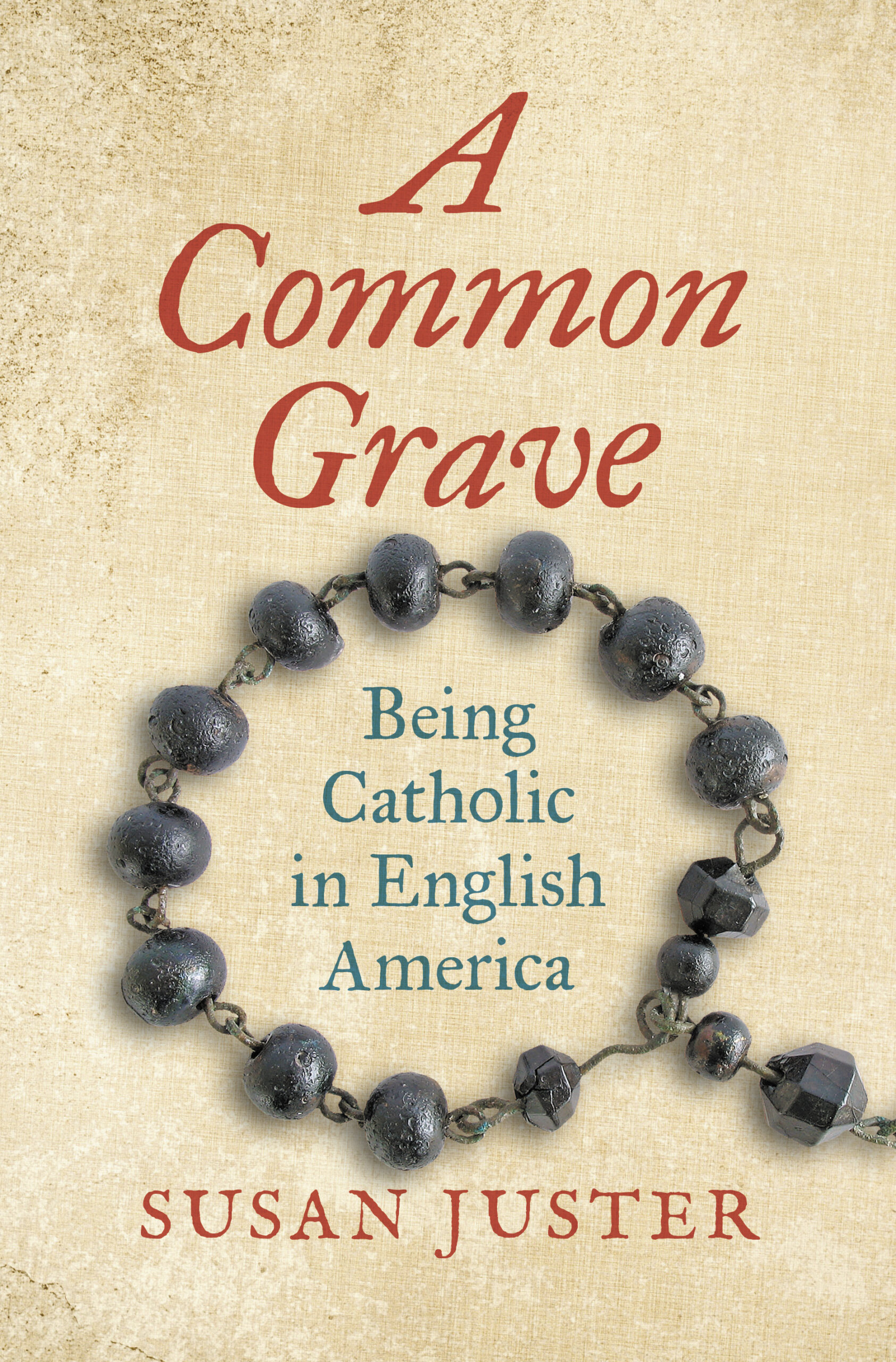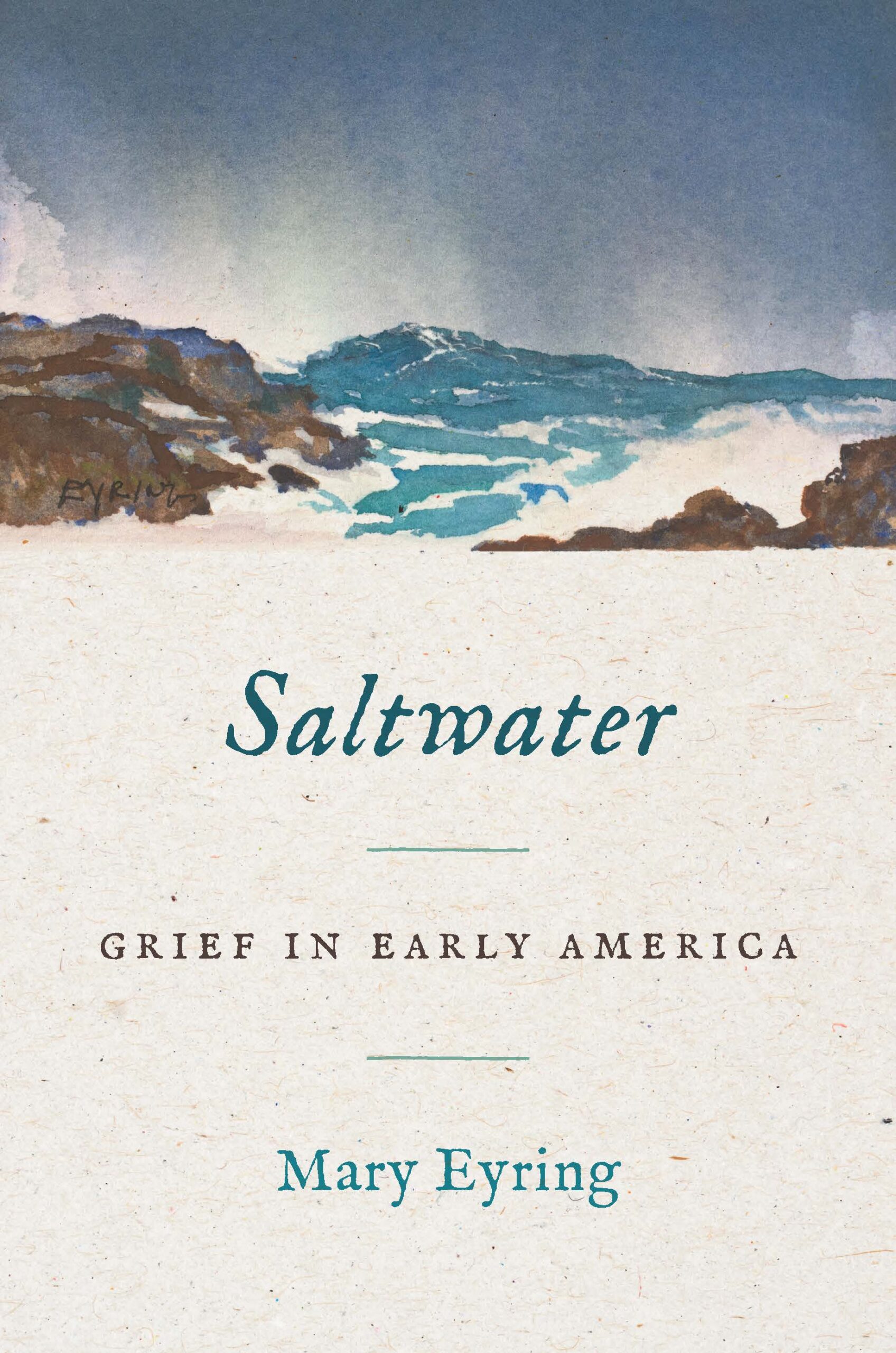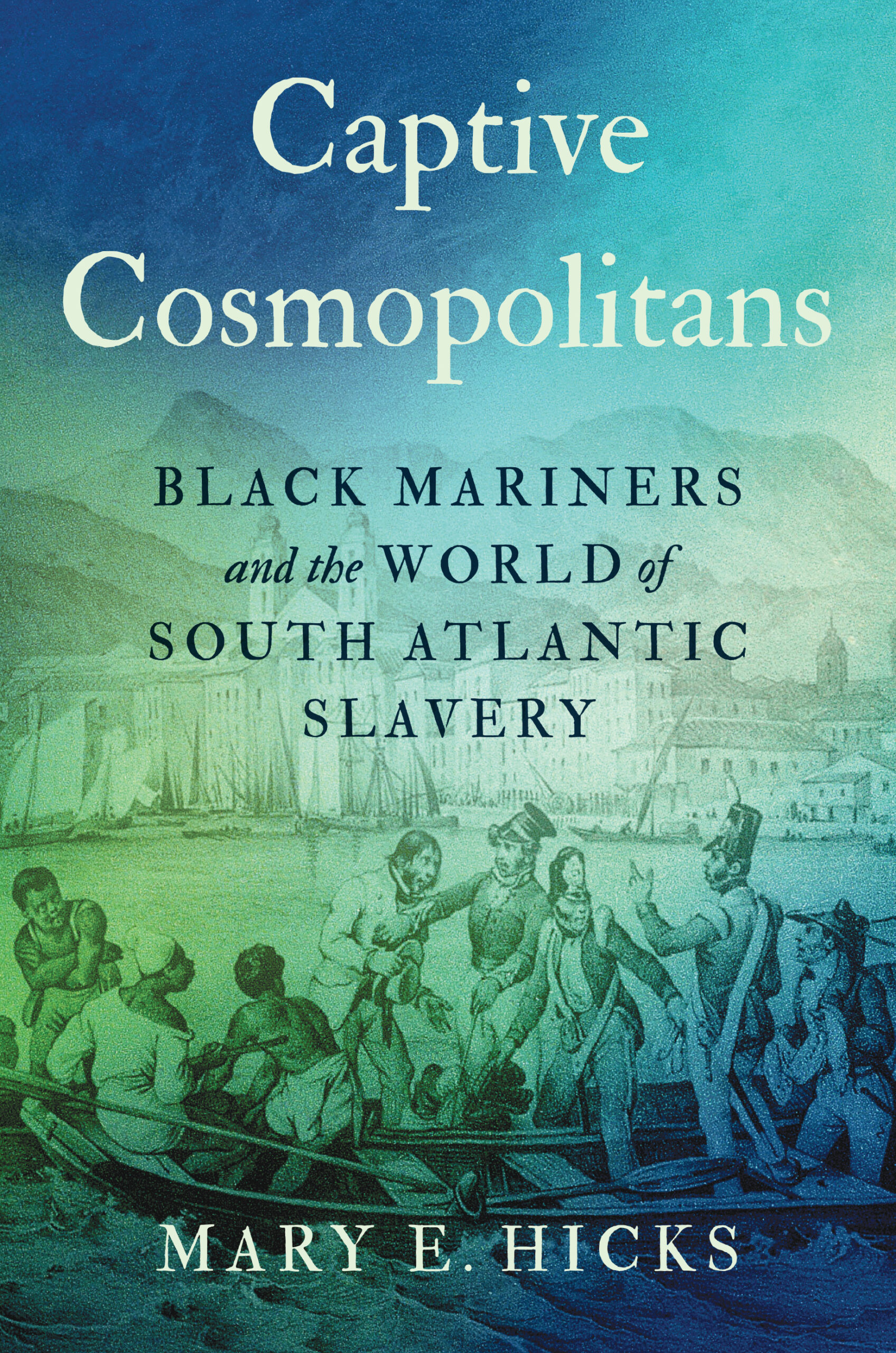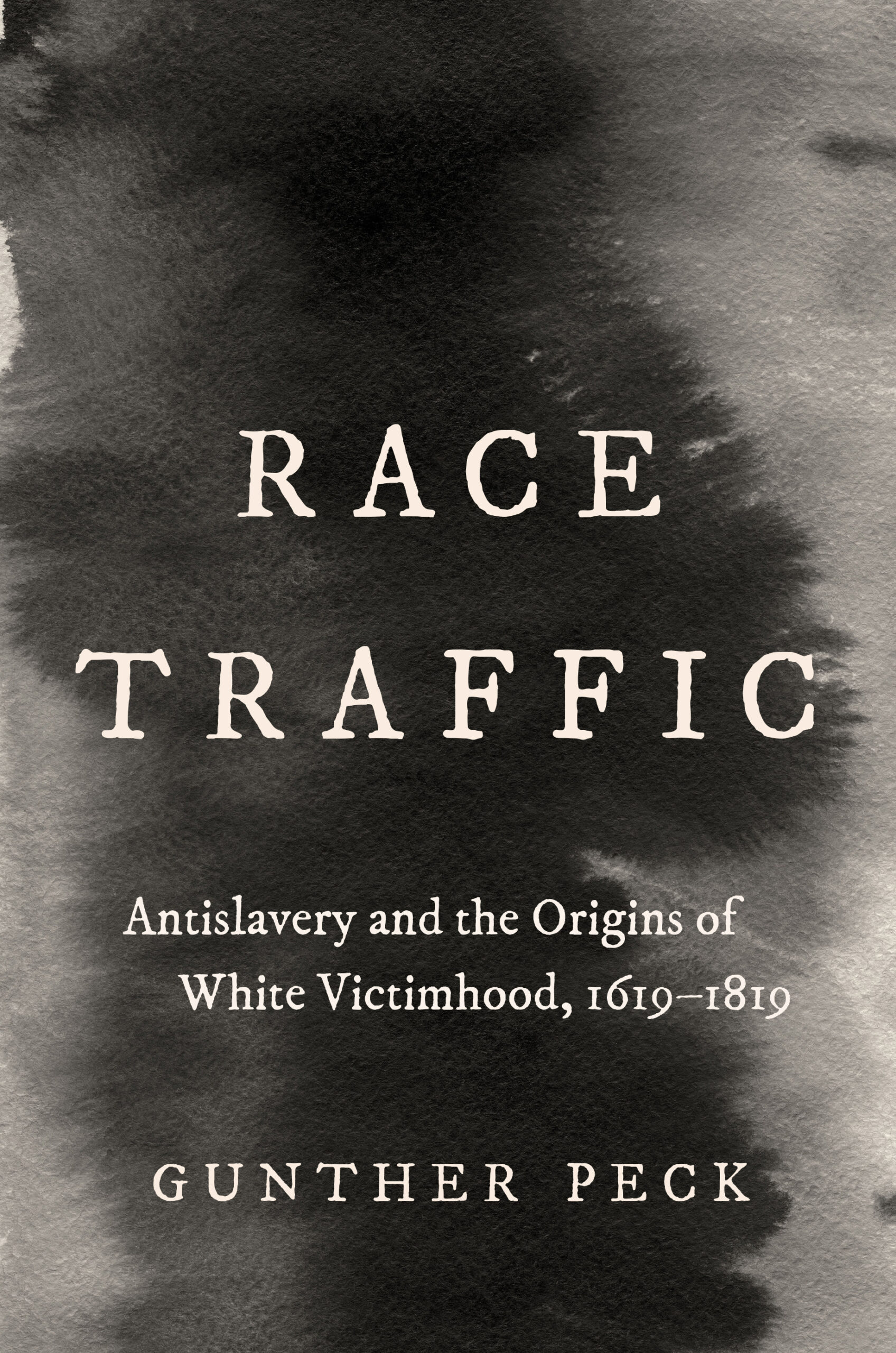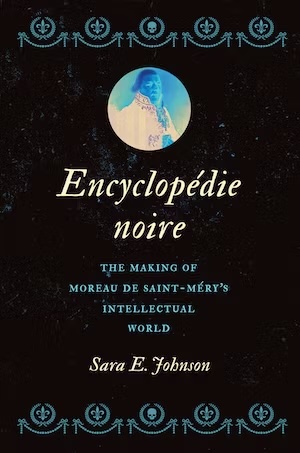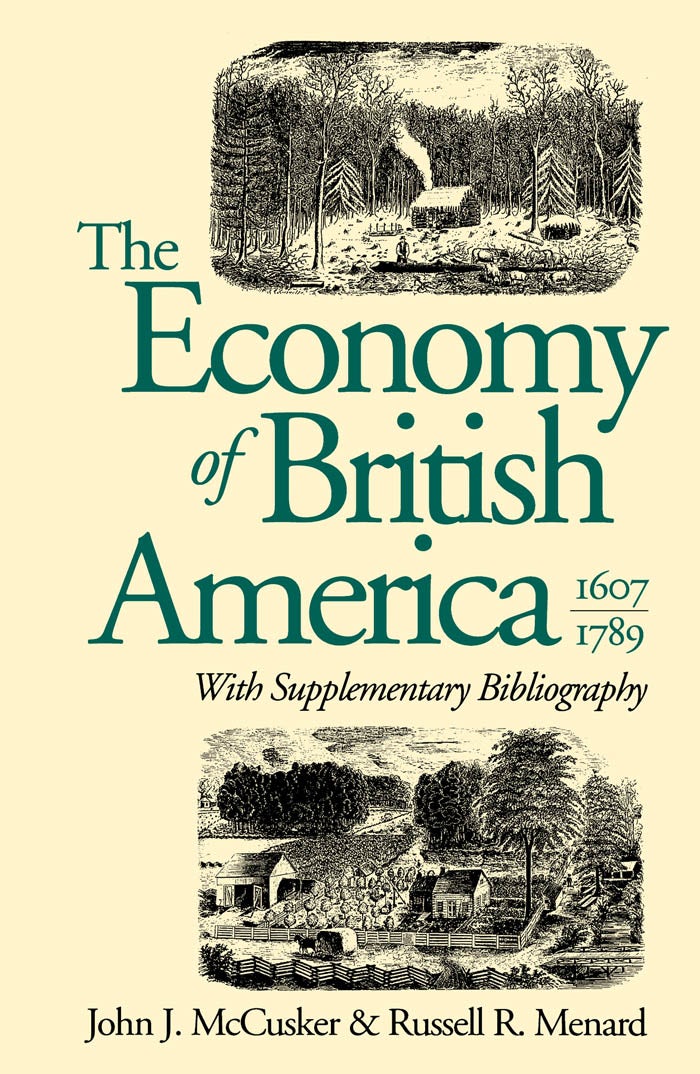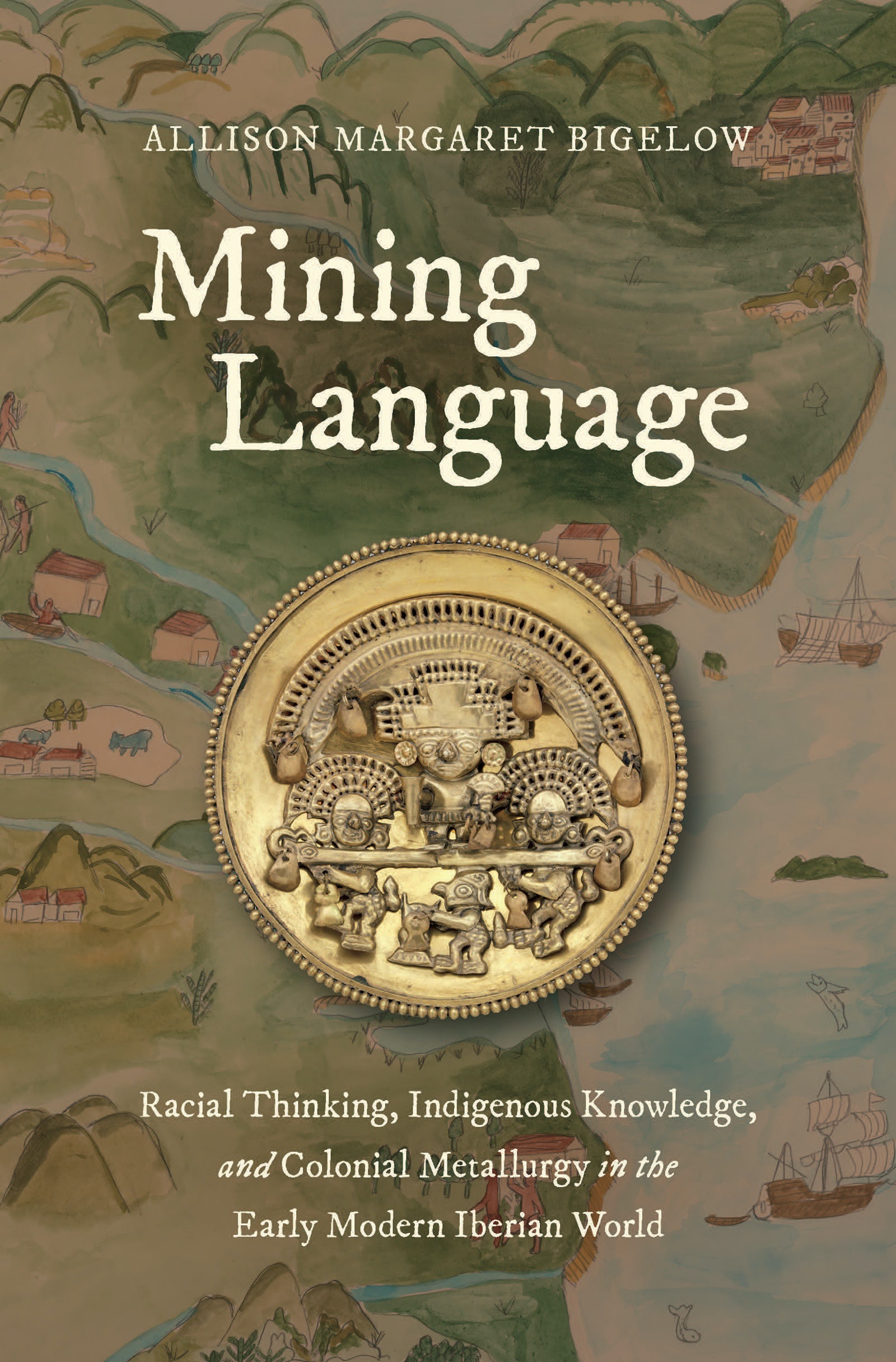
Mining Language
Description
Mineral wealth from the Americas underwrote and undergirded European colonization of the New World; American gold and silver enriched Spain, funded the slave trade, and spurred Spain’s northern European competitors to become Atlantic powers. Building upon works that have narrated this global history of American mining in economic and labor terms, Mining Language is the first book-length study of the technical and scientific vocabularies that miners developed in the sixteenth and seventeenth centuries as they engaged with metallic materials. This language-centric focus enables Allison Bigelow to document the crucial intellectual contributions Indigenous and African miners made to the very engine of European colonialism.
By carefully parsing the writings of well-known figures such as Cristobal Colon and Gonzalo Fernandez de Oviedo y Valdes and lesser-known writers such Alvaro Alonso Barba, a Spanish priest who spent most of his life in the Andes, Bigelow uncovers the ways in which Indigenous and African metallurgists aided or resisted imperial mining endeavors, shaped critical scientific practices, and offered imaginative visions of metalwork. Her creative linguistic and visual analyses of archival fragments, images, and texts in languages as diverse as Spanish and Quechua also allow her to reconstruct the processes that led to the silencing of these voices in European print culture.
About The Author
Allison Margaret Bigelow is assistant professor of colonial Latin American literature at the University of Virginia.
Awards
Philip Pauly Prize for the History of Science in the Americas, History of Science Society (2022)
Co-winner, MLA First Book Prize, Modern Language Association (2021)
James A. Rawley Prize, American Historical Association (2021)
Honorable Mention, Cline Award, Conference on Latin American History (2021)
Reviews
“Bigelow has an impressive range of historiographical influences, which includes literature on mining and metallurgy from archaeology, art history, cultural studies, geography, history, and linguistics. . . . a methodological model for reconstituting knowledge production in different imperial settings.”—William and Mary Quarterly
“An exemplary and erudite study in how deep attentiveness to language and to the challenging work of locating and comparing disparate and often fragmentary sources can yield new insights into knowledges and agencies that have been rendered invisible by colonialism.”—H-LatAm
“…A remarkable achievement. . . . A novel and important contribution to our understanding of early modern science and empire.”–Hispanic American Historical Review
“An original and fascinating study that reveals the significant contributions that indigenous and African peoples have made to the emergence of new scientific ideas and technologies.”–Bulletin of Spanish Studies
“[Mining Language] contributes to many of the most important discussions currently ongoing in modern scholarship. . . . [T]he book’s methodological blueprint will prove inspirational to many young scholars.”–H-Early-America
“An insightful addition to a growing body of work on the emergence of early modern scientific and technological epistemologies.”–The Americas
“[An] inspiring study. . . . Mining Language speaks to the heart of current discussions in the field of intercultural and interlingual knowledge transformations.”—Technology and Culture
“Allison Bigelow approaches mining as a vernacular science, and, in doing so, she has written an innovative, original history of the Atlantic world that centers Native America and the African diaspora. This important book, as erudite as it is methodologically creative, forces us to think in new ways about the relationship between colonialism, epistemology, and race.”–Marcy Norton, University of Pennsylvania
“Allison Bigelow has mined a dizzying array of early modern Iberian manuscripts and printed texts to form a lexicon centered on four ancient Western obsessions: gold, silver, iron, and copper. She demonstrates how a seemingly esoteric language of metallurgy and mining not only hides the ugly innards of empire but also contains the keys to hidden knowledge systems. In Mining Language, the hills are alive and the rocks all but squirm and copulate, anxious to reveal their colors, tastes, and smells. You will never think of these familiar substances in the same way.”–Kris Lane, Tulane University
“Mining Language is exemplary global scholarship, tying together disparate geographies through the practice and parlance of metallurgy and extraction. Akin to an early modern alchemical experiment–refined yet highly combustible–Bigelow’s prose gleams with the languages of chroniclers, caciques, and cimarrones alike, whose amalgamated discourse described and defined a new material age.”–Neil Safier, The John Carter Brown Library
